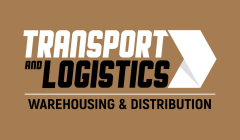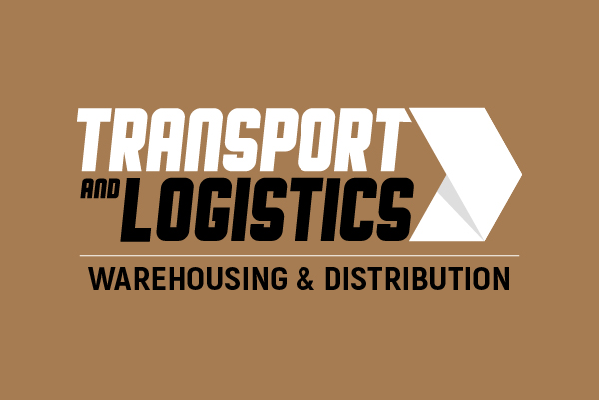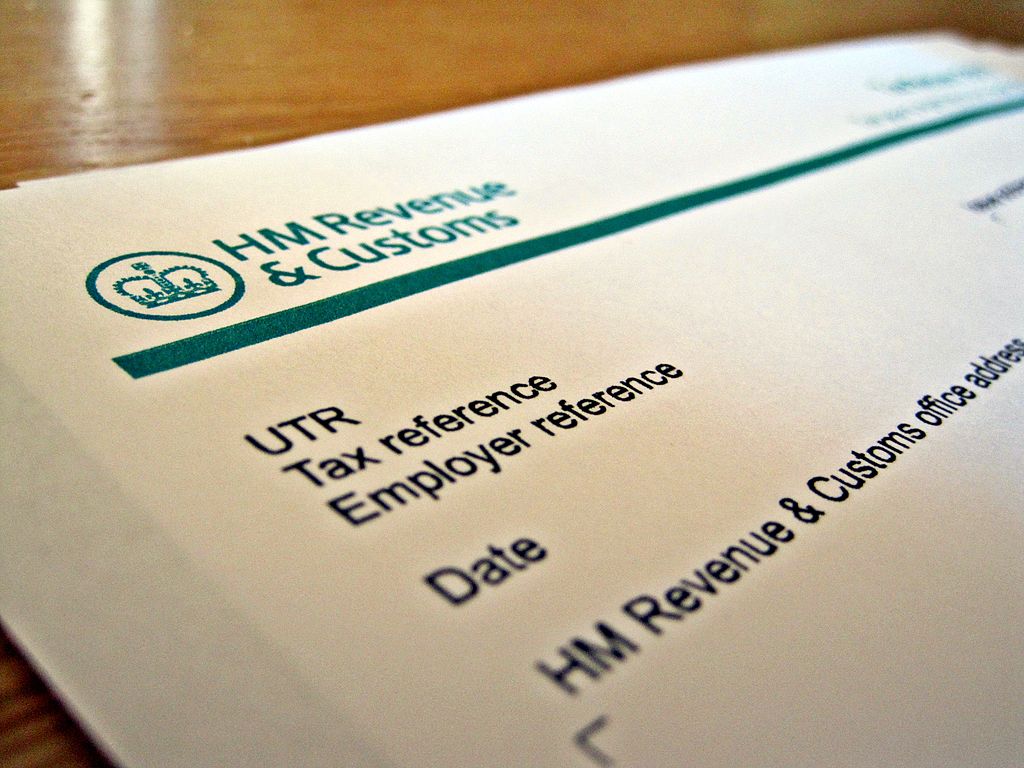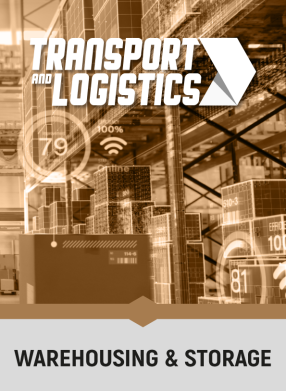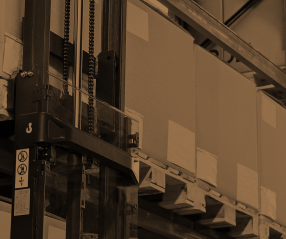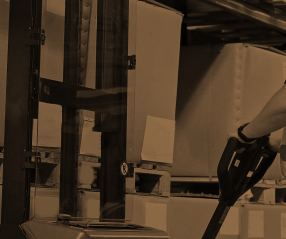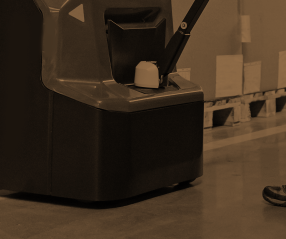The United Kingdom Warehousing Association, or UKWA has published a Positioning Paper which outlines a number of different ways that the supply chain sector can work alongside Her Majesty’s Revenue & Customs, HMRC, in order to make sure post-Brexit excise legislation does not negatively impact legitimate logistics companies who are involved in the handling and movement of goods such as alcohol and tobacco. The Positioning Paper suggests that working more closely with HMRC will keep businesses operating in this market competitive.
The positioning Paper will be presented to HMRC and other policy makers by UKWA in order to help the government understand how the excise supply chain industry operates and how changes could affect the sector. The smuggling of Alcohol and fraud costs the Treasury approximately £2 billion a year due to lost revenue. The UKWA has expressed their commitment to co-operate with HMRC going forward in order tackle excise fraud in the UK market, and reduce the revenue gap.
UKWA feels that working with the policy makers and regulators in order to tackle this issue will ensure that legitimate logistics businesses are not left struggling with impractical legislation. Brexit is a great opportunity for the existing practices and legislation for this sector to be reviewed. It is also important that after Brexit, this sector is still operational, with jobs safeguarded, as it represents a significant contribution to the UK economy.
It has been estimated that the logistics sector represents a £95 billion contribution to the UK economy, with 1 in 12 people working in the logistics industry. The UKWA works hard to represent this sector and is focused on protecting excise duties, which makes a significant contribution to the revenues collected by the UK government. Demonstrating this, The Institute of Fiscal Studies and the Chancellors’ Autumn statement showed that in the 2014/15 financial year, £47 billion was raised by the government in the form of duties from fuel, tobacco and alcohol. This £47 billion reflects 7.2% of the government’s total receipts.
